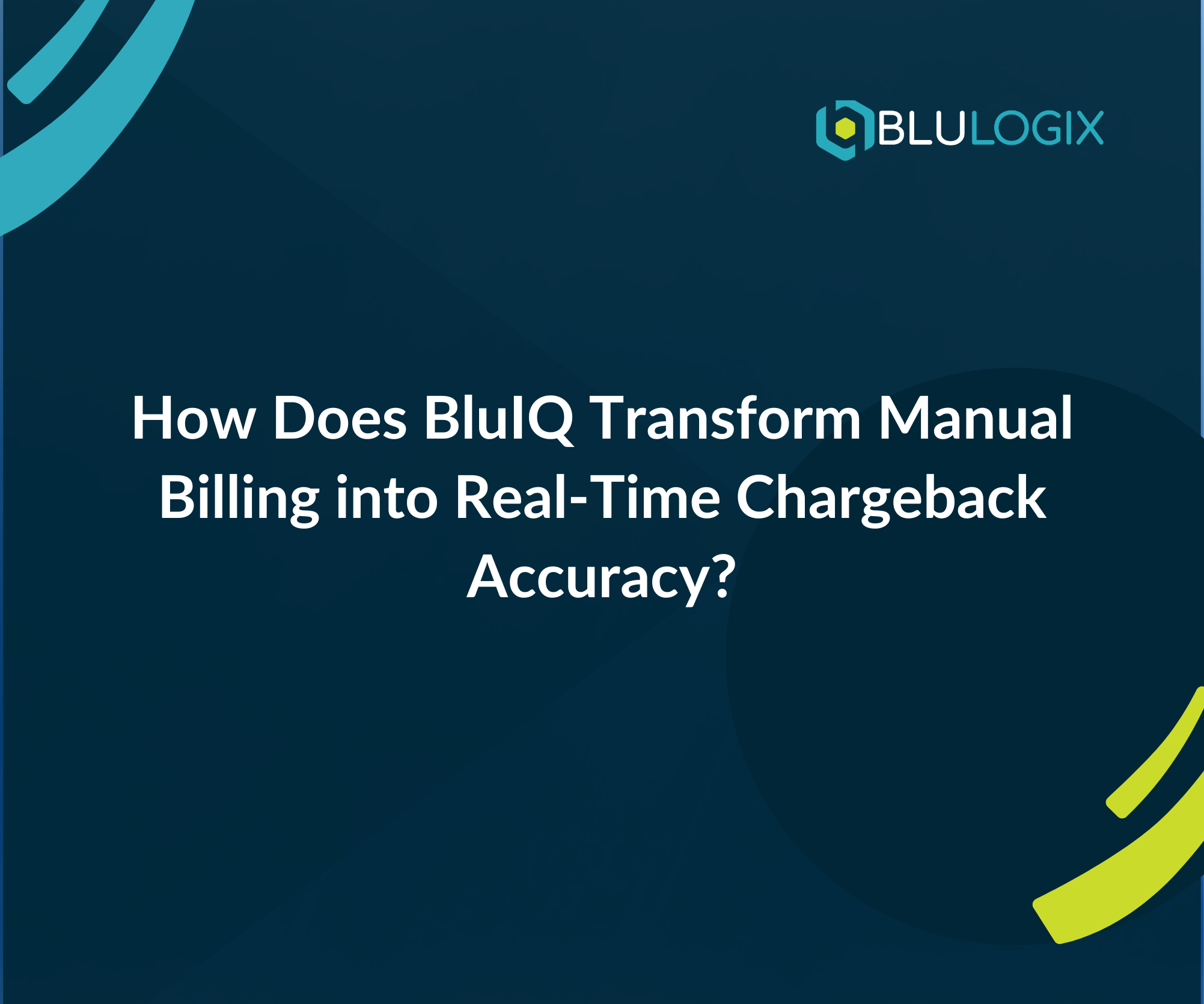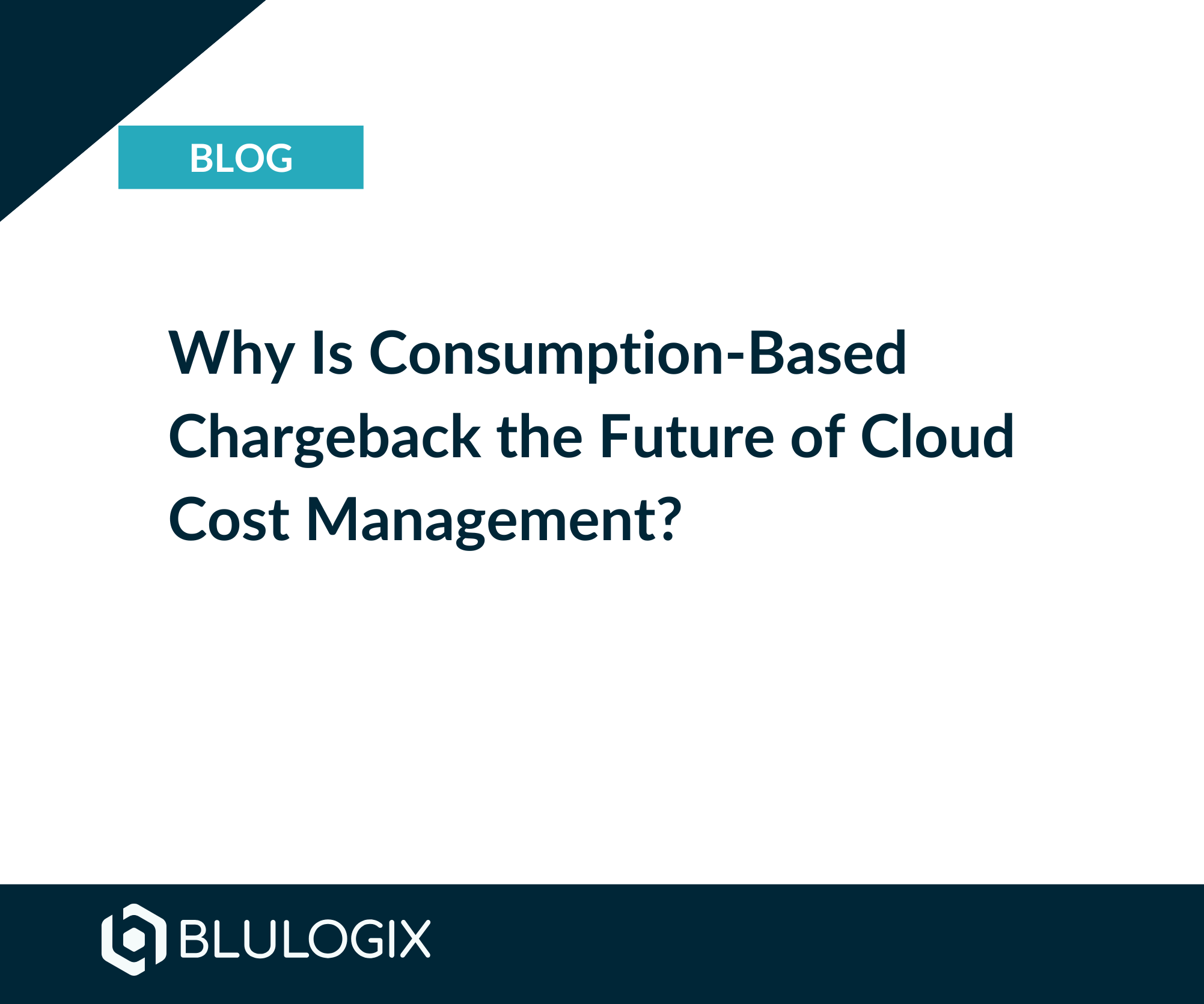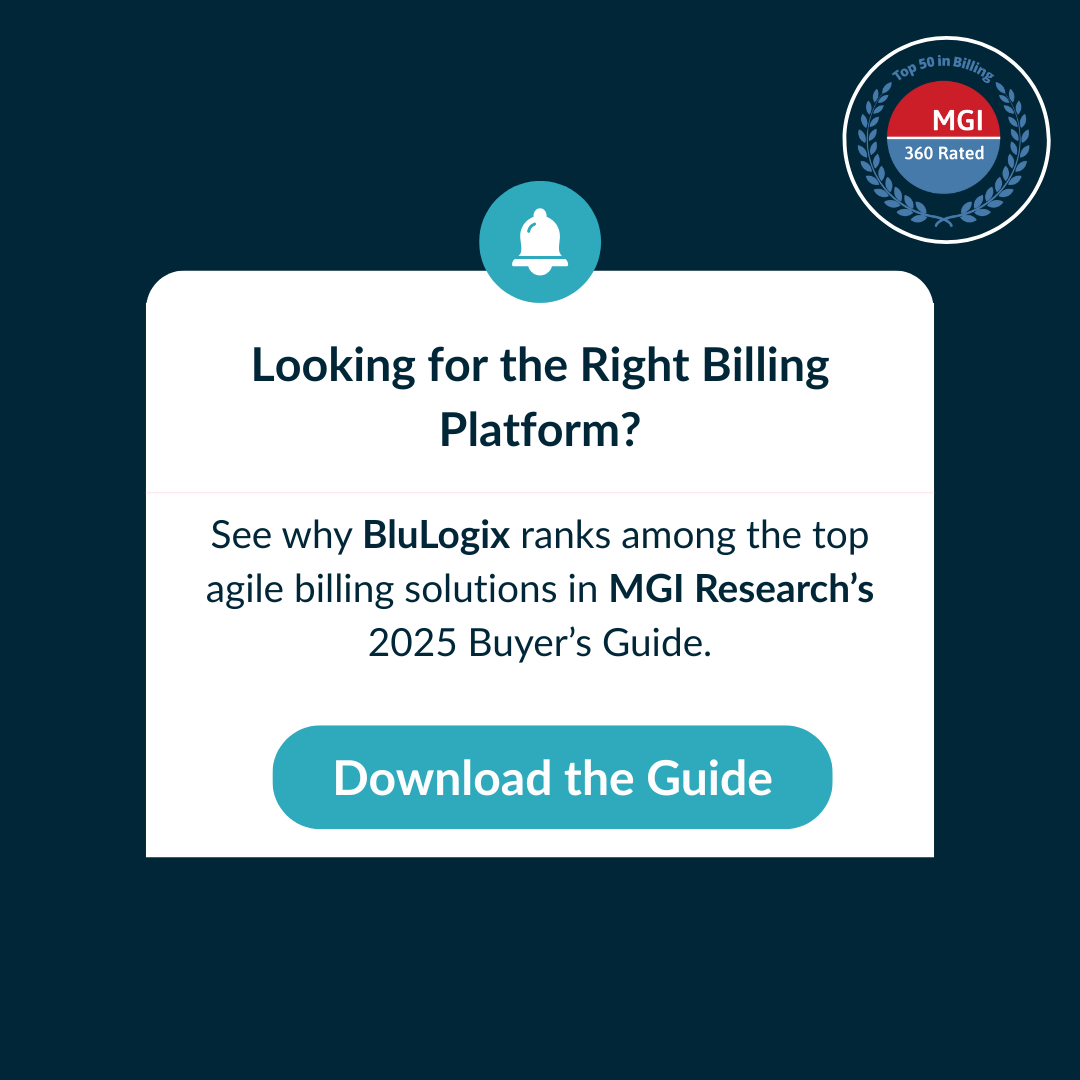Taxation in Subscription Billing
Taxation in Subscription Billing
Continuing our Foundations of Monetization Series concepts, next up is Taxation. Taxation in subscription billing refers to the process of calculating, collecting, and remitting taxes on subscription-based products and services. The exact taxes and tax rates will vary depending on the location of the customer and the type of product or service being offered. For example, sales tax may be applied to physical goods, while service tax may be applied to services such as cloud computing or consulting.
In subscription billing, tax calculation can be done in real-time, at the time of billing or at the end of the billing period. The taxation process can be automated by integrating the billing system with tax calculation software or by using a third-party service provider that specializes in tax calculation and compliance.
One of the key challenges in taxation in subscription billing is staying up-to-date with changing tax laws and regulations. Different countries, states, and municipalities have different tax laws and rates, and these laws and rates can change frequently. It’s important for businesses to stay informed about the tax laws and regulations that apply to their products and services, and to make sure their billing systems are configured to comply with those laws and regulations.
Another challenge is to handle taxes for multi-national and cross-border transactions. It requires the businesses to have a clear understanding of the laws and regulations of different countries and regions.
Overall, taxation in subscription billing is a complex process that requires businesses to stay informed about changing tax laws and regulations, and to have systems and processes in place to ensure compliance and accurate tax calculation.
Take your business further with BluIQ’s flexible, scalable, enterprise-grade intelligent billing solutions.
Taxation in Subscription Billing FAQ
What is taxation in subscription billing?
Taxation in subscription billing refers to the process of calculating, collecting, and remitting taxes on subscription-based products and services. The exact taxes and tax rates will vary depending on the location of the customer and the type of product or service being offered.
How is tax calculated in subscription billing?
Tax can be calculated in real-time, at the time of billing or at the end of the billing period. It can be automated by integrating the billing system with tax calculation software or by using a third-party service provider that specializes in tax calculation and compliance.
What are some challenges in taxation in subscription billing?
Some challenges in taxation in subscription billing include staying up-to-date with changing tax laws and regulations, and handling taxes for multi-national and cross-border transactions.
How can businesses stay informed about changing tax laws and regulations?
Businesses can stay informed about changing tax laws and regulations by monitoring government websites and publications, consulting with tax professionals, and subscribing to tax-related news and updates.
How can businesses ensure compliance with tax laws and regulations in subscription billing?
Businesses can ensure compliance with tax laws and regulations in subscription billing by having systems and processes in place to accurately calculate and collect taxes, and by regularly reviewing and updating their billing systems to ensure they are configured to comply with the relevant laws and regulations.
What are the potential consequences of non-compliance with tax laws and regulations in subscription billing?
Potential consequences of non-compliance with tax laws and regulations in subscription billing include fines, penalties, and legal action from government tax agencies. It can also harm the reputation of the business.
What are the special considerations for taxation if I am a Unified Communications-as-a-Service (UCaaS), broadband, telecom or Managed Services Provider?
Take your business further with BluIQ’s flexible, scalable, enterprise-grade intelligent billing solutions.
Implementing a taxation solution for Unified Communications-as-a-Service (UCaaS), broadband, telecom or Managed Services providers involves several key steps. Here's a general outline of the process:
- Understand Taxation Regulations: Familiarize yourself with the tax regulations that apply to Unified Communications-as-a-Service (UCaaS), broadband, telecom or Managed Services providers in the regions where you operate. Tax laws can vary by country, state, and even municipality, so it’s important to have a clear understanding of the specific requirements and obligations.
- Identify Taxable Components: Determine which components of your services are subject to taxation. This may include items such as voice services, messaging, video conferencing, or additional features. Consult with tax experts or legal advisors if needed to accurately identify the taxable elements.
- Determine Nexus: Establish the nexus or the connection between your business and the jurisdictions where you are required to collect and remit taxes. Nexus is typically determined by factors like physical presence, the volume of transactions, or the location of servers. Understanding your nexus will help determine the jurisdictions where you need to comply with taxation laws.
- Tax Compliance Software: Invest in a robust tax compliance software or partner with a reputable tax compliance provider. Such software or services can automate tax calculations, help with tax rate updates, and generate reports to ensure accurate taxation calculations and timely remittance.
- Tax Registration: Register your business with the appropriate tax authorities in the jurisdictions where you have a tax obligation. Obtain the necessary permits, licenses, or tax identification numbers required to collect and remit taxes.
- Tax Calculation and Invoicing: Configure your billing system to accurately calculate taxes based on the applicable rates and rules. Ensure that tax amounts are clearly displayed on customer invoices, providing transparency about the taxes being charged. Be sure to consider fixed as well as usage fees.
- Tax Collection and Remittance: Collect the taxes from customers at the point of sale or invoicing. Establish a process for separating the tax amounts from the revenue and set up a system to remit these taxes to the appropriate tax authorities on a regular basis, following the required reporting and payment schedules.
- Stay Updated: Continuously monitor tax regulations and changes in tax rates. Stay informed about any amendments or new legislation that may impact your taxation obligations. Regularly update your tax compliance software or work with your tax compliance provider to ensure you are always up to date.
- Compliance Audits: Conduct periodic internal audits to ensure that your taxation processes and calculations are accurate and compliant. This can help identify any potential issues or areas for improvement, allowing you to address them proactively.
- Seek Professional Advice: Consult with tax professionals, accountants, or legal advisors who specialize in taxation for UCaaS providers. They can provide expert guidance tailored to your specific business and help ensure compliance with tax regulations.
Remember, tax regulations can be complex, and it’s crucial to ensure compliance. The steps outlined above provide a general framework, but it’s important to consult with experts who have a deep understanding of taxation laws in the jurisdictions relevant to your business and put the systems, tools and processes in place to manage them.
Learn more

How Does BluIQ Transform Manual Billing into Real-Time Chargeback Accuracy?

Why Is Consumption-Based Chargeback the Future of Cloud Cost Management?



